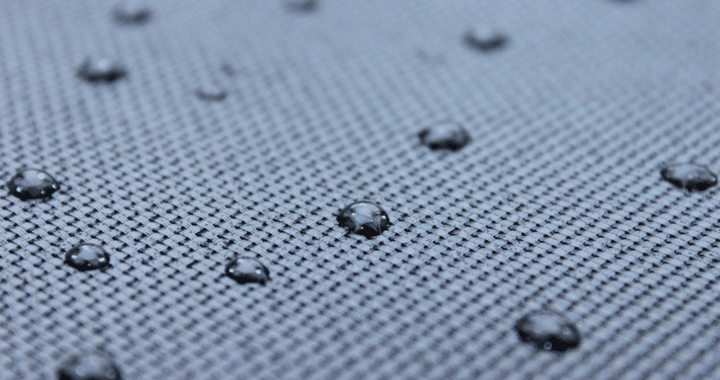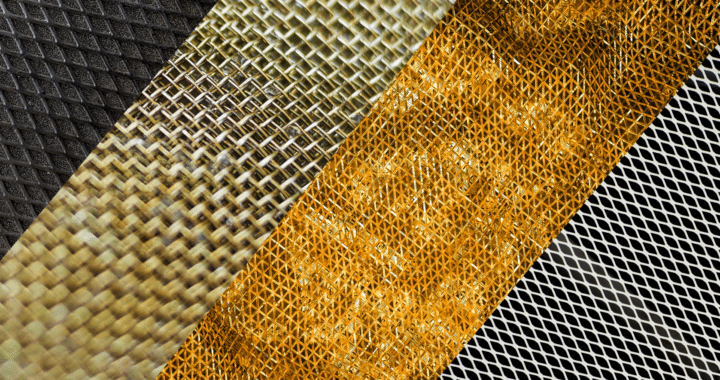Fine wire mesh is a versatile material that finds extensive applications across a wide range of industries. Its intricate structure and exceptional properties make it an invaluable component in various processes, be it industrial or domestic. Dive into the world of fine mesh, its notable features, and examples of fine stainless steel mesh in use.
Fine wire mesh, also known as fine mesh screen or fine wire cloth, is a woven fabric created by interlocking individual wires to form a uniform mesh pattern. It is typically made from metal alloys such as stainless steel, brass, copper, or aluminum, with varying degrees of wire thickness and opening size. Fine mesh usually refers to meshes with particularly smaller opening sizes that are used in more stringent filtration applications.
Fine Mesh Features and Benefits
Fine mesh materials are often used in various applications such as filtration, sieving, and screening, due to their small opening sizes and durability. Fine mesh is typically used for applications that require a higher level of filtration or separation, while coarse mesh is used for applications where a larger particle size needs to be allowed through the mesh. By selecting an appropriate variation, industry professionals can successfully incorporate wire mesh into virtually any project, playing to fine mesh’s features:
High Strength: Despite its delicate appearance, fine steel mesh offers exceptional strength and durability, making it suitable for demanding applications. Your choice of alloy can also change the strength of your wire mesh. For instance, aluminum offers an excellent strength-to-weight ratio (about a third of the weight of stainless steel with comparable strength) that makes it ideal for applications where high strength and low weight are critical.
Uniform Aperture: The precise and consistent opening size of fine wire mesh ensures accurate filtration, separation, and sieving processes. Paired with Lawrence Sintered Metals‘ routine quality inspections, you can rest assured that your material is exactly as ordered.
Excellent Corrosion Resistance: Fine wire meshes made from stainless steel or other corrosion-resistant metals are resistant to rust and degradation, making them suitable for outdoor and corrosive environments. The general corrosion resistance is similar to Type 316 SS, but 316L SS has superior resistance to intergranular corrosion following welding.
Good Flow Rates: The open yet controlled structure of fine wire mesh allows for high flow rates of fluids and gases, ensuring efficient filtration and sieving operations. At Lawrence Sintered Metals, we offer stainless steel filter mesh that can filter things as tiny as two microns.
What are the Common Specifications of Fine Mesh?
The term “fine mesh” doesn’t cover just one specific material type. It’s a nuanced term that covers a great deal of steel mesh with smaller openings. However, there are some common specifications of fine mesh that are usually selected when ordering the material. For instance, fine wire mesh typically ranges from 0.0008 inches (0.02 mm) to 0.040 inches (1.0 mm) in wire diameter. However, the specific wire diameter will always vary based on the application requirements. Working with a professional at Lawrence Sintered Metals can assist in making sure you’re ordering the right material for your project. Fine mesh usually has a mesh count ranging from 20 to 635, indicating the number of openings in one linear inch. As for the opening size, this will depend greatly on your specific application. Fine wire mesh is available in various standard widths and lengths. Custom sizes can also be manufactured to suit specific project needs.
Applications for Fine Mesh
Now that you know the basics of fine mesh benefits and their common specifications, let’s dive into some of the applications most suited for fine stainless steel mesh. Due to its fine filtration properties, fine mesh is often used for the filtration of liquids, gasses, and other substances. The pharmaceutical industry uses fine mesh for a variety of needs, including vaccine production. In using fine mesh as a sieve, the mesh can eliminate oversized contamination and ensure quality assurance of ingredients and the finished product. Wire mesh sieves are used to check screening in the pharmaceutical industry.
Additionally, fine copper wire mesh can be extremely valuable in RFI shielding. RFI shielding is the process of reducing interference from external electromagnetic signals that can disrupt the function of electronic devices. Modern RFI shielding is used to protect a broad range of electronic equipment from handheld electronics to GPS navigation.
Fine mesh applications don’t all have to take place in laboratories and manufacturing plants. You can or may already be using fine mesh in your own home to protect against pests with insect screens. Fine steel mesh with its excellent corrosion resistance can last an extremely long time. It works as an excellent barrier from insects while allowing air to flow through and providing excellent visibility.
Lawrence Sintered Metals: Supplier of Fine Mesh
The opportunities are endless with fine mesh that lasts. If this article has you thinking about ways you can apply fine steel mesh in your next job or DIY project, please contact our professionals at Lawrence Sintered Metals. We can offer you unparalleled customer service in finding the right mesh for any of your needs.




